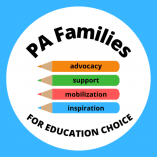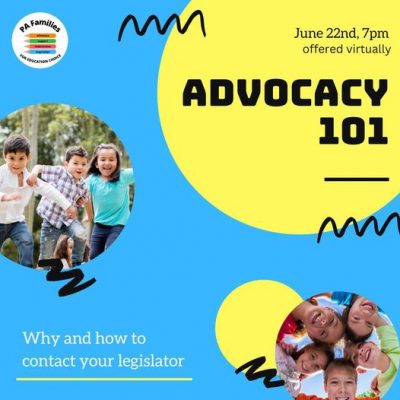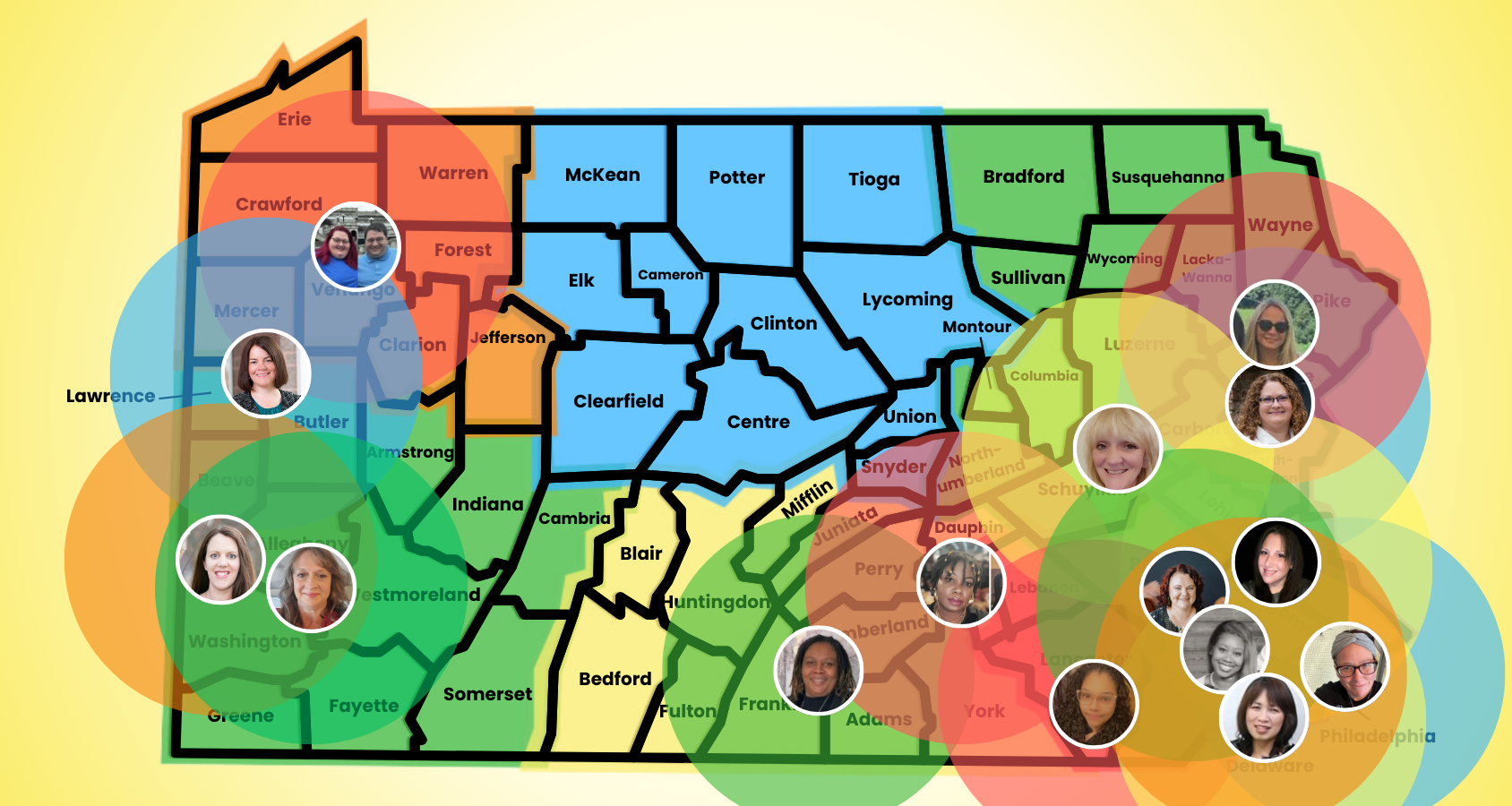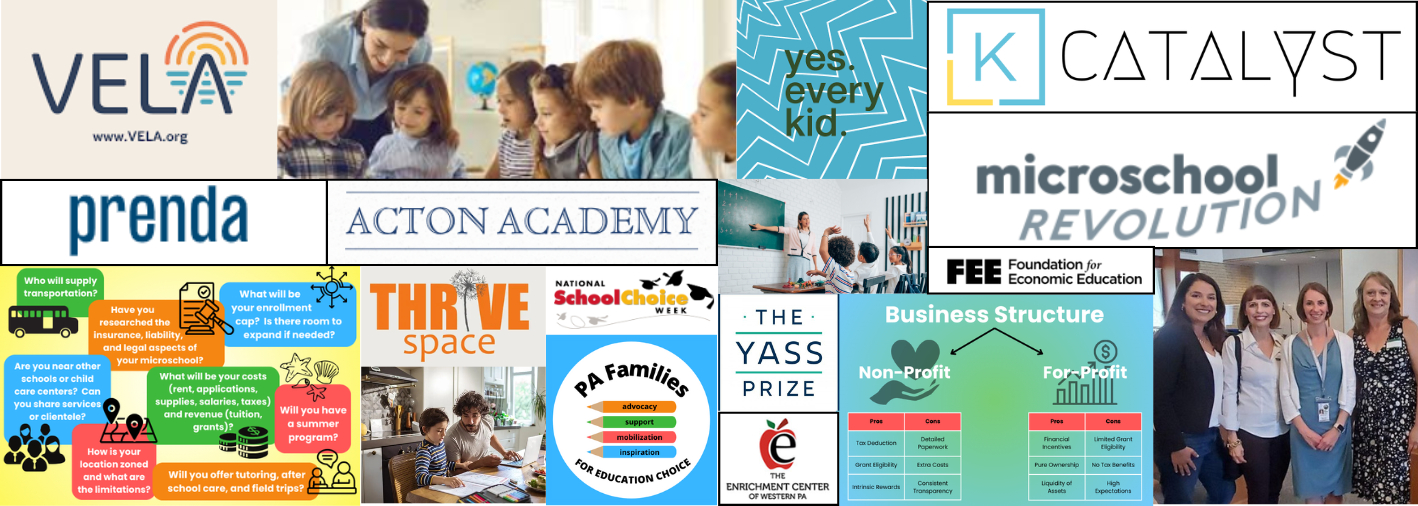Education Choice Spans Generations
By: Sharon Sedlar


This family’s education choice journey started back in 1989. Though they came from a district that was (and still is today) in the 90th percentile in the state, difficulties with a teacher prompted a switch to homeschool.
The family again revisited their educational choices in early 2000 when the mom realized that her children’s increasing math class complexity was beyond her capabilities. At that same time, cyber charter schools first appeared in Pennsylvania, and the family decided to enroll in one of the very first cyber charters.
I spoke with the youngest of those three children, a graduate of 21st Century Cyber Charter School from the class of 2004. All three children continued to college – two are in the Engineering field and one is a Corporate Director. The youngest child still lives in Eastern Pennsylvania with her son in a very highly ranked school district. “Kary” tells her son’s story, which begins with COVID and district cyber programming.
“While it’s understood that COVID threw everyone for a loop and district schools (like the entire world) were unprepared, it became obvious that there was a better way.” Kary mentions a time where her son was learning tallies during a district cyber math lesson. The iPad offered limited interface for the student to input the answer, and it took 20 minutes to even enter their password. She knew that there were other and better options.
When schools started to open up again, CDC guidelines were ever-changing. With an immune-compromised family member, this family wasn’t comfortable taking the chance of district school attendance, so they chose cyber charter. The program was a great experience – with Kary’s son looking forward to every school day. He complained if he was “even one minute late” for the start of class. He LOVED it. He LOVED school. His independence blossomed.
But because her son is an only child, and as the uncertainty of COVID abated, Kary thought perhaps returning to the brick-and-mortar district school would be a good idea. “It’s a lot of work to make things happen socially outside of school. I thought it would be good to make sure he spent time with other children his own age face to face.” But less than 6 months in, her son wanted to return to cyber charter.
Kary stresses that the issue isn’t political for her. “I’m not pro-cyber, or pro-district. I’m pro-family and pro-child.” She believes in education choice because she’s seen it work in her own life and in her son’s. “Education should be fit for purpose and adaptable for the needs of each family, which are vast and varied.”
I asked Kary what she would like to see happen in Pennsylvania – after all, she had benefited from district, homeschool, and cyber charter for herself. Here’s what she said:
“More support for education choice. It’s not ‘one size fits all’. Support home education options. Don’t strip parents of their rights to choose what’s best for their children. As with COVID, you never know when you’re going to need an option for your family. No child should be left behind.
“Local school districts need to accept that there are other legitimate educational options and be ready to support, counsel, and guide parents and students where needed. Offering a good education should not be about whether your school receives the dollar. It’s about what is right for the student.
“Districts and charters need to offer flexibility to ensure that students receive the support they need. This includes support for vocational and technical programming.” (She has heard of both districts and cybers that have disallowed vocational and technical education programming.)
“Cyber charter and homeschooled children should be allowed to participate in non-academic activities without the label of being ‘outside’ of the district. I struggle to think how my Cyber Schooled student cannot be accommodated or will destroy your High School band atmosphere – really? In 2023?
“Alternative forms of education like homeschooling and cyber charter are well-established, tried and true for decades now. I can’t reflect on my own experience and ask whether it works – I know it does. An individual child’s education – not just the knowledge acquired but their well-being and environment – is a precious gift and important stewardship. To be a good steward, this means that we need to have a system which accommodates differences in a child’s needs, and everyone in the educational system – legislators, administrators, teachers, parents – plays a part.”







